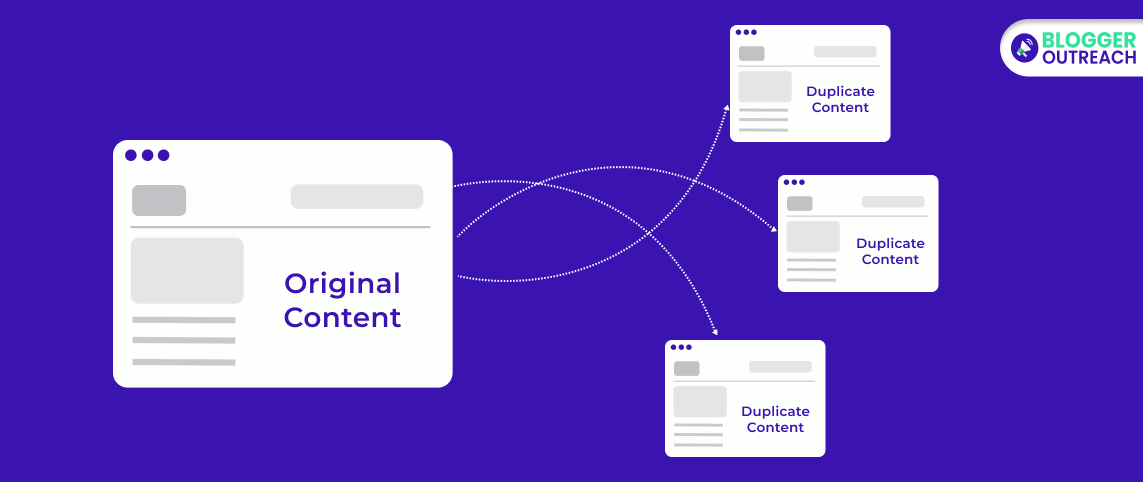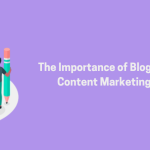What happens to your SEO signals when you produce syndicated content? Does Google pick the partner’s page as the primary one?
(What is syndicated content? Syndicated content refers to republishing or distributing content on multiple websites, apart from the original source.)
This situation is tricky, but don’t worry, we’ll break it down together.
Imagine you’ve written a great article, and it’s shared across different partner websites.
What if Google decides that one of these partner sites is the main source, even if they link back to your original article?
You might wonder, “Do all my SEO efforts like link signals, user experience clues, and social media buzz now count for the partner’s site instead of mine?”
The Question
Well, recently, Lilly Ray initiated a discussion on this.
It’s a valid concern, and this is where Google’s John Mueller’s recent remarks come in.
Google’s Response
John Mueller’s response to Lily Ray’s tweet about this topic is quite insightful.
He says it’s complicated. Not everything we think influences SEO actually does, at least in Google’s eyes.
Now, you might be scratching your head about cross-domain canonicals. These links tell search engines, “Hey, this content originally comes from over there.”
But here’s the twist. Google advises against using cross-domain canonicals for syndicated content. Instead, they recommend the ‘no-index’ tag.
This tag tells Google, “Please don’t count this page in your search results.” Why? With a ‘no-index’, there’s no confusion about who should get the credit for the content.
But let’s think about this for a moment. What if your syndication partner doesn’t use ‘no-index’?
Then, there’s a chance their version might overshadow yours in Google’s eyes. That’s why Google’s advice is crucial here.
They’re basically saying, “Make sure your partners use ‘no-index’ to keep things clear and straightforward.”
And here’s another angle. What about when someone uses your content without your permission?
Google’s Danny Sullivan, under the SearchLiaison handle, reassures us that it’s rare for such content to be considered canonical. But, if you’re worried, you can report it to Google.
So, What Does All This Mean For You?
First, when you’re sharing your content with partners, be clear about how it should be indexed.
Second, remember that how Google views your content can affect your SEO efforts.
And lastly, always stay informed about Google’s guidelines. They can be the key to ensuring your content gets the recognition it deserves.






